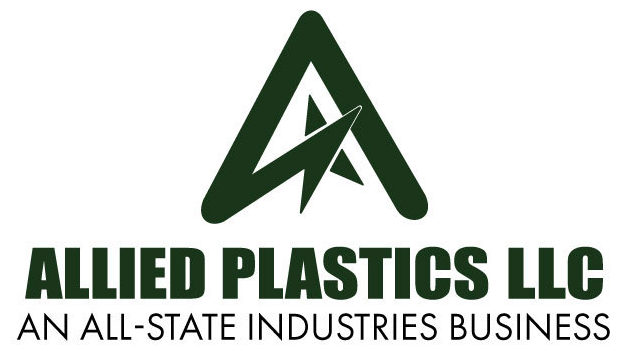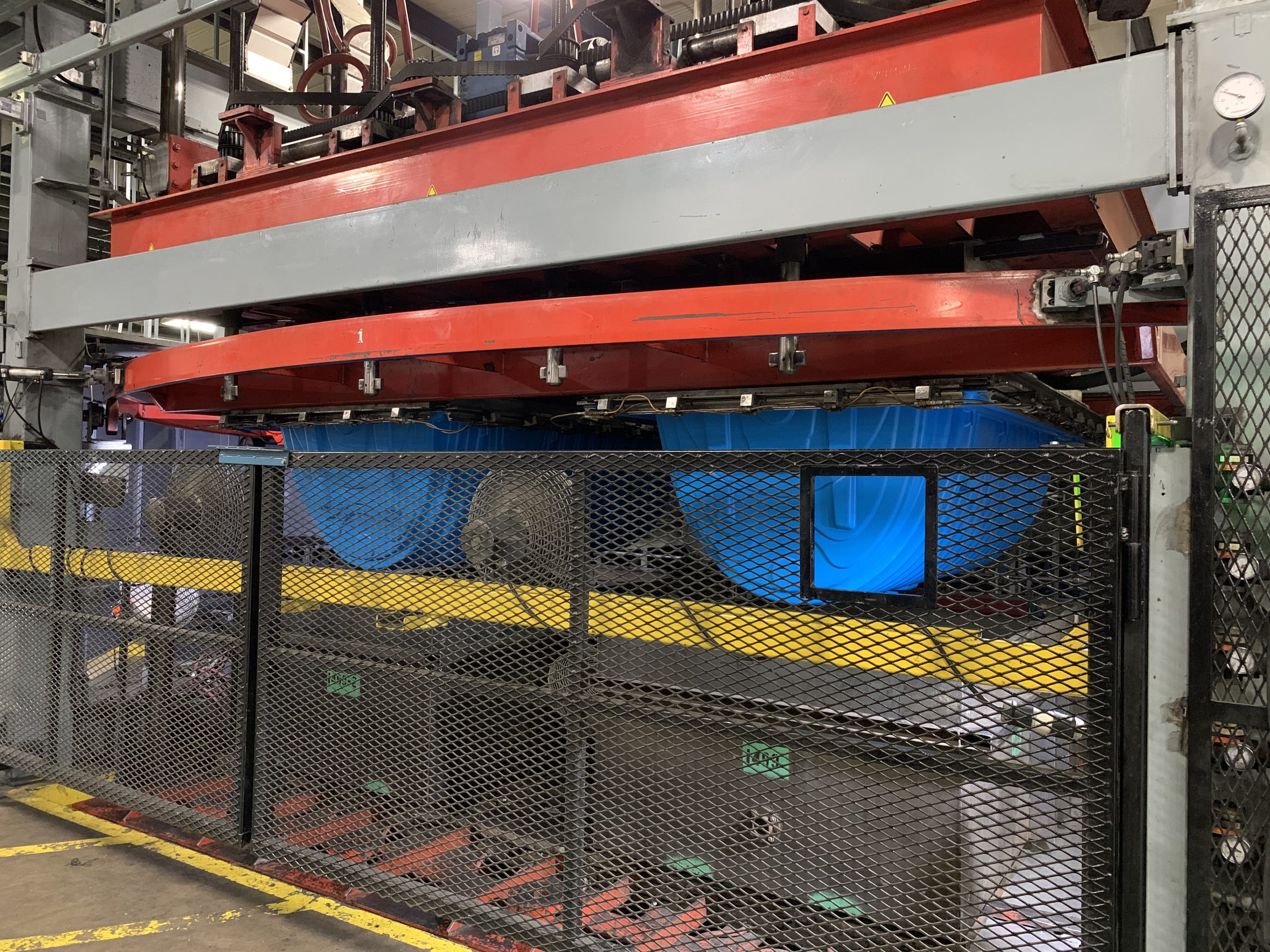Strategic Approaches to Optimize Production While Enhancing Quality and Reducing Costs
Manufacturing leaders constantly navigate the competing demands of cost control, quality improvement, and delivery speed. As market pressures ebb and flow, optimizing plastic manufacturing processes becomes essential for maintaining competitive advantage. Efficiency improvements don’t just reduce costs — they enhance product quality, accelerate production cycles, and ultimately strengthen customer relationships.
Let’s explore several ways to optimize the plastic manufacturing process and detail how Allied Plastics is equipped to be the ideal partner to make it happen.
Looking to improve efficiency in your plastic manufacturing operations? Connect with our experts for a customized assessment of your processes.
Automating Plastic Manufacturing Processes with Technology
Strategic automation represents one of the most significant opportunities for efficiency improvement in plastic manufacturing. Advanced equipment like multi-axis CNC machines and robotic trimming systems dramatically improve precision while reducing labor costs and cycle times. These technologies ensure consistent quality while allowing skilled labor to focus on higher-value tasks.
At Allied Plastics, automation integration includes 12 5-axis CNC machines and five robotic arms for precise finishing operations. This investment in technology enables the production of complex components with exceptional consistency, reducing variability that leads to waste and rework.
Material Optimization Strategies
Material costs typically represent 50-70% of total production expenses in plastic manufacturing, making optimization critical. Effective strategies include:
- Precise sheet utilization planning to minimize waste
- Recycling and reprocessing of excess material
- Material selection based on both performance and processing efficiency
- Consistent quality control to prevent material-related defects
Advanced thermoforming operations implement closed-loop recycling systems that capture and reprocess excess material. This approach not only reduces costs but also minimizes environmental impact, creating a sustainable manufacturing process without compromising product quality.
Design for Manufacturability (DFM)
The most effective efficiency improvements begin before production starts. Design for Manufacturability (DFM) principles ensure components are engineered not just for performance but also for optimal production. When engineering teams collaborate early in the development process, they can identify opportunities to:
- Simplify part geometry to reduce cycle times
- Optimize material usage and thickness
- Standardize features to improve tooling efficiency
- Reduce secondary operations through design integration
This collaborative approach prevents costly adjustments and redesigns later in the production process, significantly reducing both time-to-market and total production costs.
Supply Chain Integration
True manufacturing efficiency extends beyond production operations to include the entire supply chain. Integrated approaches like Just-in-Time (JIT) manufacturing, inventory management systems, and Electronic Data Interchange (EDI) capabilities create seamless connections between production and delivery operations.
Vertical integration — bringing multiple processes under one roof — provides additional efficiency benefits. When thermoforming, finishing, and assembly occur within the same facility, transit times, handling costs, and quality risks all decrease significantly.
Standardizing Plastic Manufacturing Processes for Lean Production
Standardized processes form the foundation of manufacturing efficiency. Implementing lean manufacturing principles eliminates waste in all forms — unnecessary movement, waiting time, excess inventory, and defective products. Standardization also ensures that best practices become consistent practices across all production operations.
Quality control protocols play a crucial role in this standardization. Modern thermoforming operations implement rigorous testing procedures, dimensional verification, and visual inspection to prevent quality issues that lead to waste and rework.
Value-Added Services That Enhance Efficiency
Comprehensive manufacturing partners offer services that extend beyond basic production to enhance overall efficiency. Capabilities like hardware installation, adhesive bonding, and complete kitting solutions eliminate the need for secondary vendors and operations, streamlining the entire supply chain.
These integrated services reduce total production costs beyond the individual component level. By consolidating operations with a single manufacturing partner, companies reduce transportation costs, simplify vendor management, and accelerate time-to-market.
Allied Plastics: Optimizing Plastic Manufacturing Processes Through Experience
Efficiency in plastic manufacturing doesn’t come from isolated improvements but from a systematic approach that optimizes every aspect of the production process. For more than 30 years, Allied Plastics has developed this comprehensive approach, combining advanced technology, engineering expertise, and integrated services to deliver exceptional value to OEM manufacturers.
Our extensive capabilities — from sheet extrusion and thermoforming to finishing and distribution — provide a single-source solution that maximizes efficiency across your entire production process. Whether you’re developing new products or optimizing existing ones, our team has the expertise and technology to enhance your manufacturing efficiency.
Contact our team today to explore how our comprehensive approach can optimize your plastic manufacturing processes.

